Author: Sagar Patel – 6+ years in AI & Blockchain
Every second, we create data — when we open apps, browse websites, use smart devices, or even walk down a street with sensors. But who controls that data? Usually, it’s big corporations who sell it, use it for AI, or store it away — and you get nothing in return.
Ocean Protocol aims to change that. It’s building a decentralized, blockchain-powered marketplace where data can be shared securely, monetized fairly, and used responsibly — especially in AI.
So, if you’ve ever wondered how blockchain and AI really come together in the real world — this is the project to watch.
🌊 What Is Ocean Protocol?
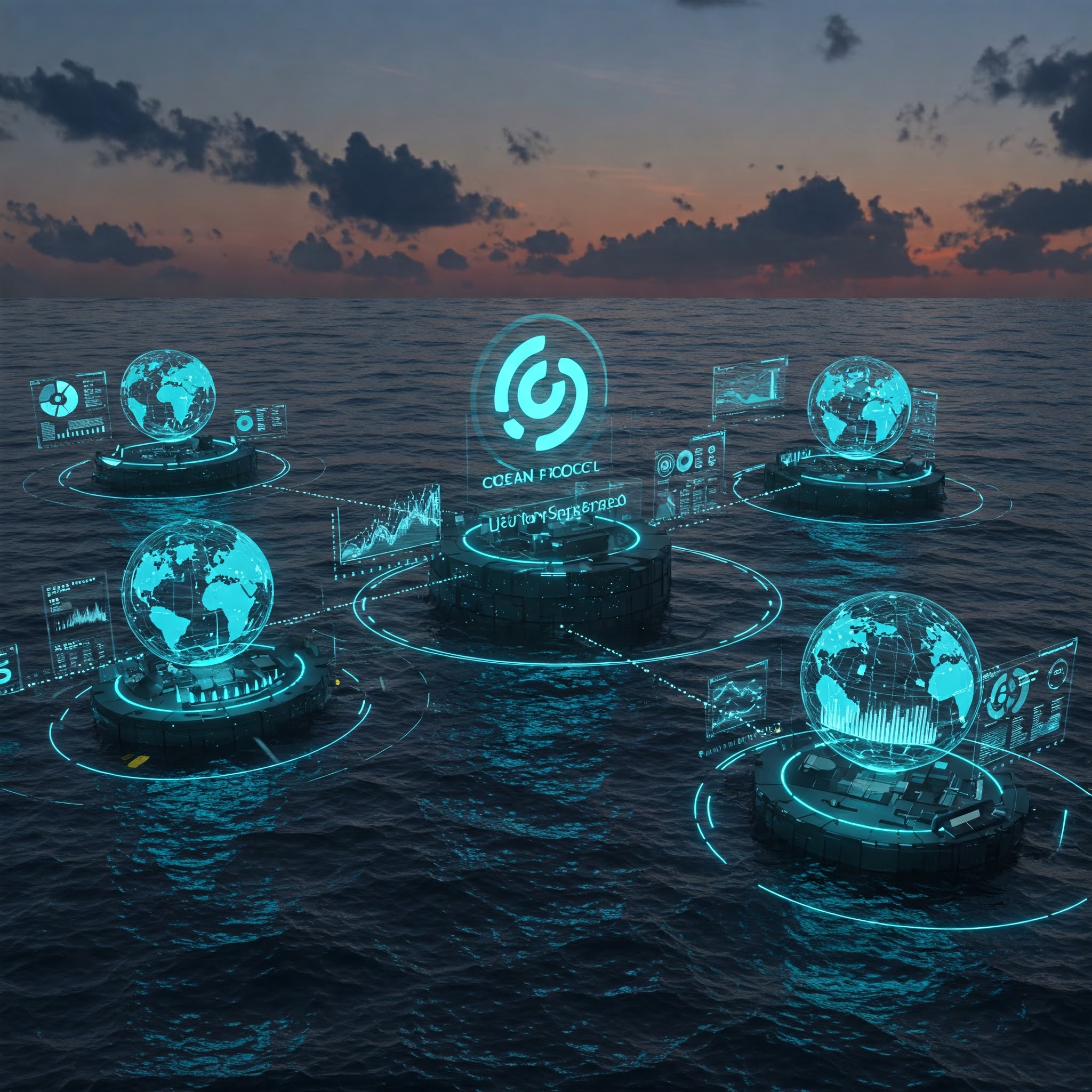
At its core, Ocean Protocol is a Web3 platform that enables secure and decentralized data sharing.
It’s not just about storing data — it’s about creating a functional marketplace where:
-
People can publish data
-
Others can pay to access and use that data
-
All of it is governed by smart contracts and blockchain
What makes Ocean different is that the data itself doesn’t move around — only access tokens or permissions do. This preserves privacy while allowing usage.
Let’s break that down into something simple:
Think of Ocean as an Amazon for data, but where every product is encrypted, trackable, and you still control it after it’s sold.
🔐 Why Does Ocean Matter in a World Full of Data?
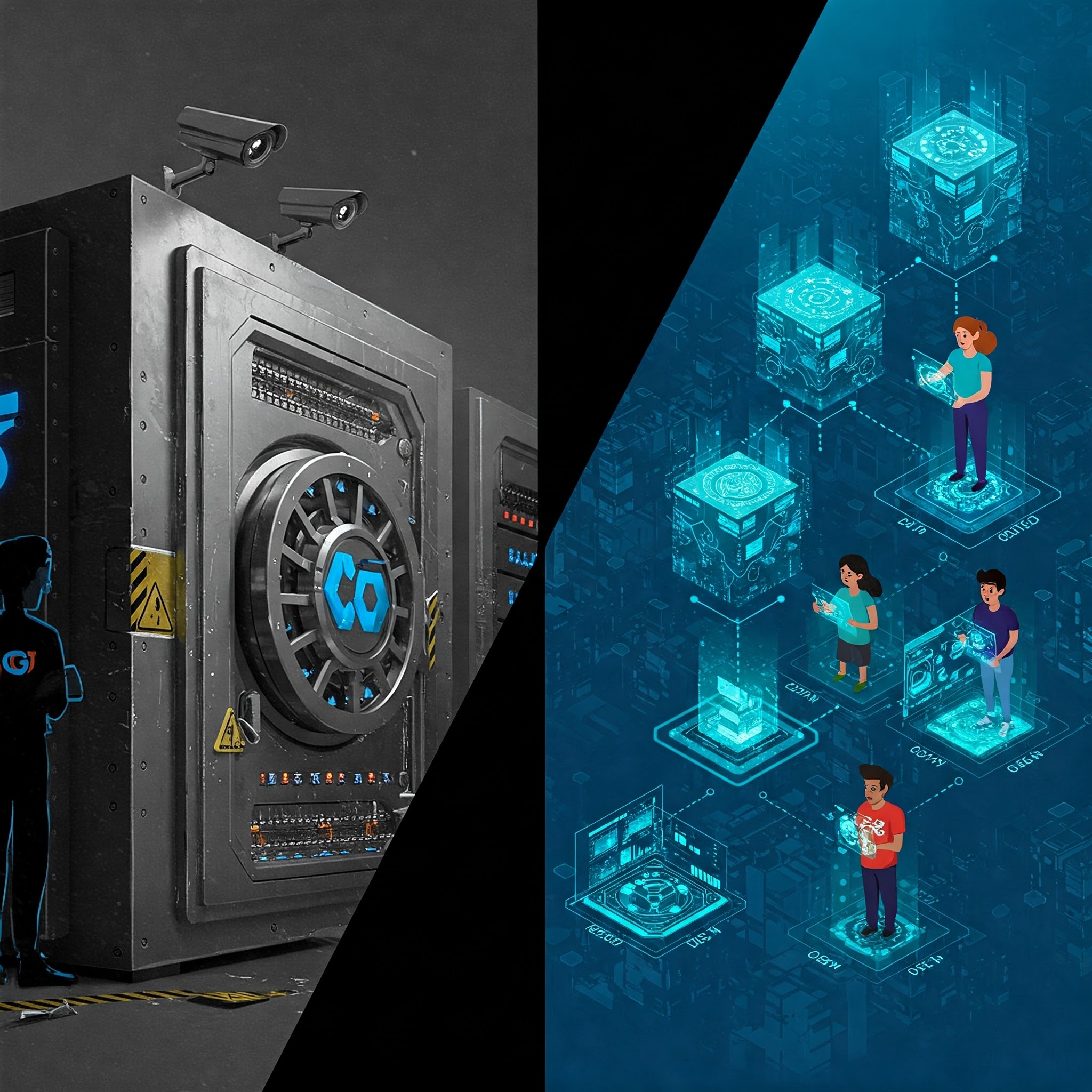
Data is the lifeblood of artificial intelligence. The better and more diverse the data, the better the AI performs. But here’s the problem:
-
Most valuable data is siloed (locked away by corporations)
-
Sharing data is risky due to privacy concerns
-
There’s no easy way to monetize your data as an individual or small business
Ocean Protocol fixes this with:
-
Privacy-preserving data sharing
-
Tokenized data access (using Data NFTs)
-
Transparent, fair monetization
Imagine a hospital being able to safely share anonymized patient data for AI research — and getting paid for it — without violating any privacy laws. That’s the kind of future Ocean is building.
💡 Real-World Use Cases for Ocean Protocol

Ocean Protocol isn’t just theory — it’s already being used. Let’s look at a few high-impact applications.
🏥 1. Healthcare Data Sharing
Hospitals and research institutions sit on huge amounts of patient data. With Ocean, they can share anonymized versions of this data for research, diagnostics, and AI model training — without ever giving up control or compromising identities.
This can:
-
Speed up disease detection
-
Help build smarter diagnostic tools
-
Enable personalized medicine
🚚 2. Logistics & Supply Chain
Shipping companies, warehouses, and retailers generate valuable real-time data. Ocean enables them to share it securely with AI developers to optimize:
-
Inventory management
-
Delivery routes
-
Predictive maintenance
All while keeping sensitive business info private.
🌱 3. Environmental & Smart City Data
IoT sensors in cities and farms gather climate, pollution, and traffic data. Ocean allows this data to be published, combined, and used to build better AI systems for:
-
Urban planning
-
Disaster prediction
-
Agricultural automation
👤 4. Individual Data Monetization
Eventually, everyday people could publish their own fitness, browsing, or device data and earn OCEAN tokens by letting AI researchers or apps use it anonymously. This is data sovereignty in action.
💰 How the OCEAN Token Works
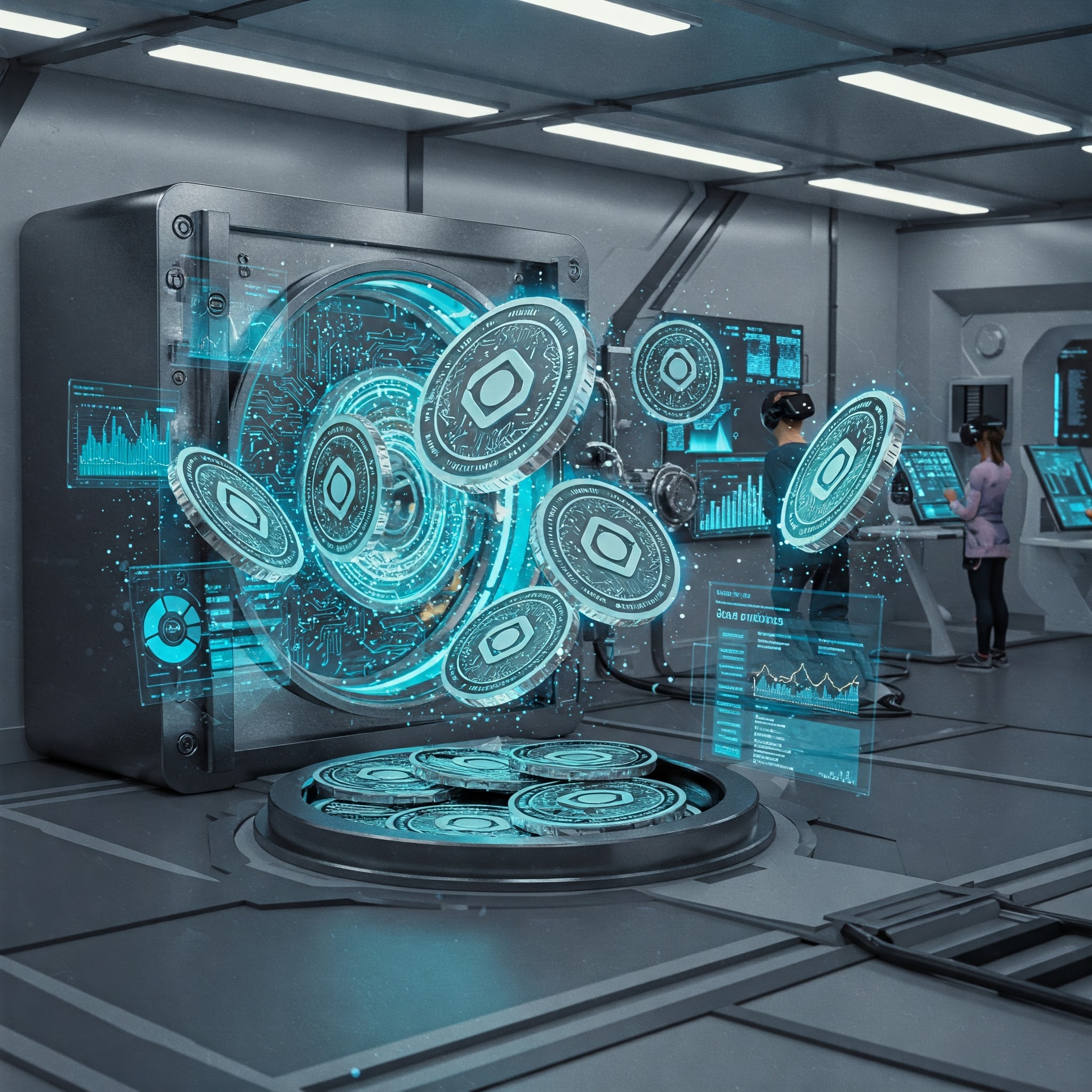
OCEAN is more than just a cryptocurrency — it’s the utility token that powers the Ocean Protocol ecosystem.
Here’s what it does:
✅ 1. Buy & Sell Data
Users need OCEAN tokens to buy access to datasets on Ocean Market. This forms the backbone of its tokenized economy.
✅ 2. Stake on Data Assets
Users can stake OCEAN on datasets they believe are high-quality. If the dataset sells well, stakers earn rewards — similar to earning interest.
This encourages users to curate the best data and filter out spam.
✅ 3. Governance
OCEAN holders can vote on protocol upgrades, community funding decisions, and new features. The more tokens you hold, the more say you have.
🌍 Ocean Protocol’s Unique Architecture
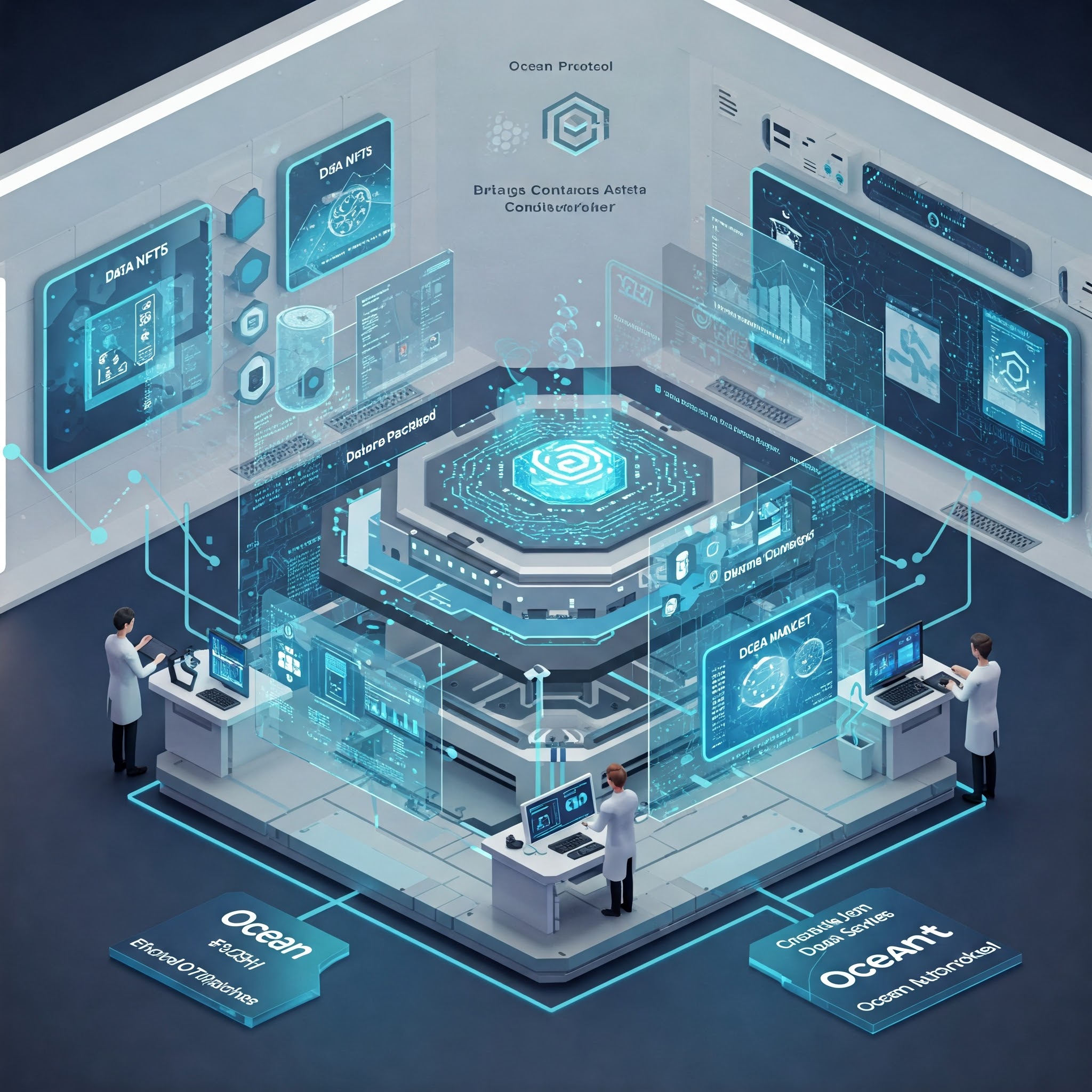
Ocean uses a few key tools to make all this possible:
📄 Data NFTs
Every dataset published on Ocean is wrapped in an NFT (non-fungible token). That NFT represents the right to access or sell the dataset.
-
This lets creators control usage
-
Enables resale and licensing
-
Makes data programmable and tradable
🌐 Ocean Market
This is the official marketplace for datasets. Think of it as a mix of OpenSea (for NFTs) and Amazon (for browsing listings), but for data.
Other custom marketplaces can also be built on Ocean’s protocol.
🆚 Ocean vs Competitors

| Feature | Ocean Protocol | Filecoin | The Graph |
|---|---|---|---|
| Data Sharing Marketplace | ✅ Yes | ❌ No | ❌ No |
| AI-Focused | ✅ Yes | ❌ No | ❌ No |
| Privacy-Preserving | ✅ Yes | ❌ No | ⚠️ Limited |
| Token Utility | High | Medium | Medium |
Ocean is focused specifically on making data useful for AI, not just storing it or indexing it.
📊 Ocean Protocol in 2025 and Beyond
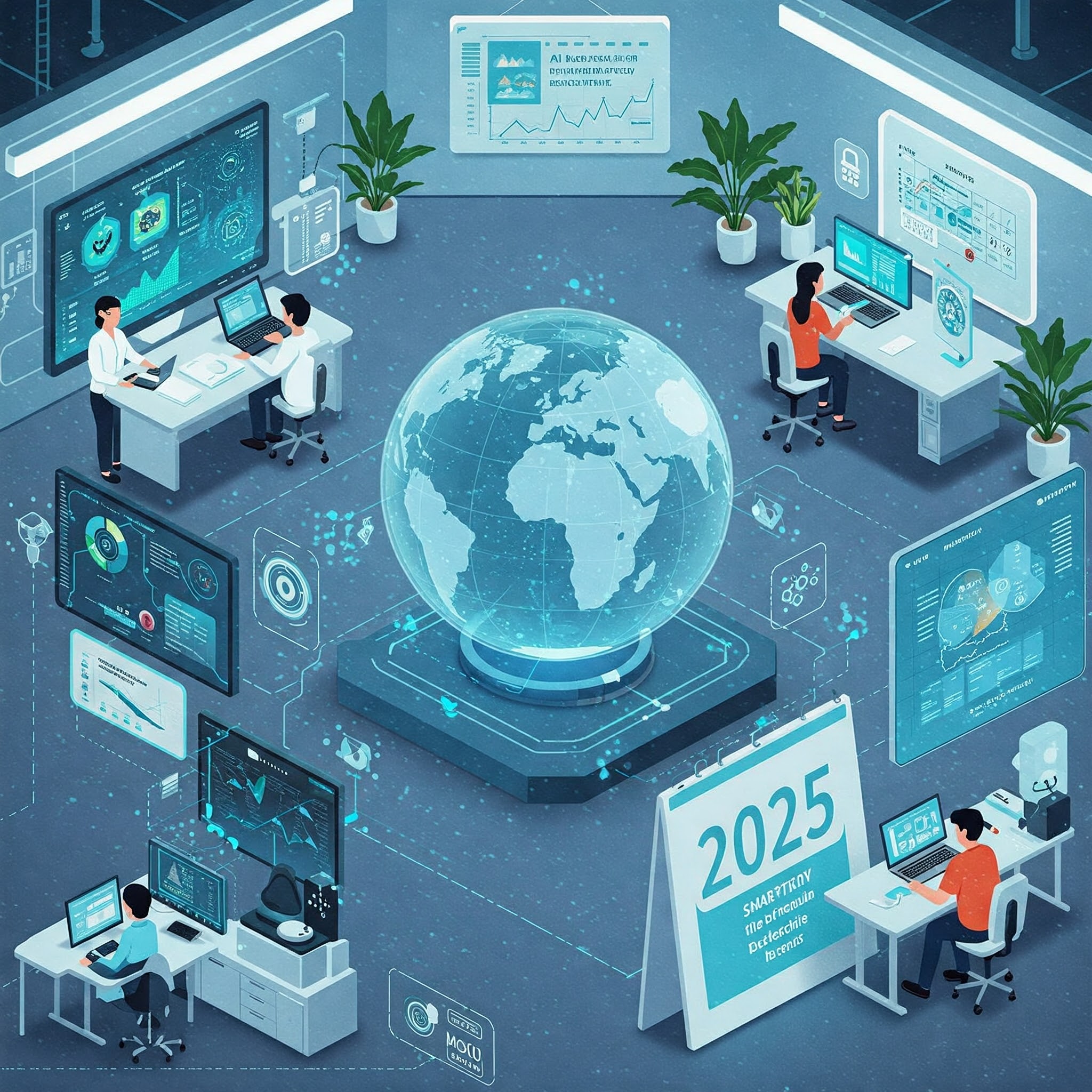
Ocean isn’t just an experiment anymore — it’s growing fast. Here’s what’s coming next:
🔧 1. More Developer Tools
Ocean is building better SDKs and plug-ins for AI developers and data scientists. This makes it easier to use Ocean data inside Jupyter notebooks, machine learning models, or apps.
🏗️ 2. Enterprise Adoption
Ocean has already worked with Daimler AG (Mercedes-Benz’s parent company). More partnerships in sectors like:
-
Renewable energy
-
Telecom
-
Financial analytics
…are expected as data privacy laws tighten.
📈 3. Data DAOs (Decentralized Autonomous Organizations)
In the future, data could be owned by communities. For example, a city’s residents could pool their sensor or transit data and vote on how it’s shared and monetized — earning passive income for all contributors.
Ocean is helping build that foundation now.
🚀 Why Ocean Is Critical for Web3 + AI
Web3 is about ownership — and Ocean Protocol is applying that principle to data.
AI is only as good as the data it learns from. If that data stays in the hands of a few companies, the AI we get won’t serve the world — it’ll serve corporate interests.
Ocean provides a trustless, open system where:
-
People own their data
-
Data is used ethically
-
Developers access what they need
-
Everyone benefits from the data economy
It’s a quiet revolution — but one with massive long-term impact.
📌 Final Thoughts
Ocean Protocol is solving one of the biggest bottlenecks in AI and Web3: access to quality data. By creating a decentralized, privacy-first, and user-owned data economy, it’s laying the groundwork for the next generation of AI tools and applications.
Whether you’re a developer, investor, or just someone interested in the future of tech — Ocean is worth paying attention to.
It’s not just a crypto project — it’s infrastructure for the decentralized AI future.
